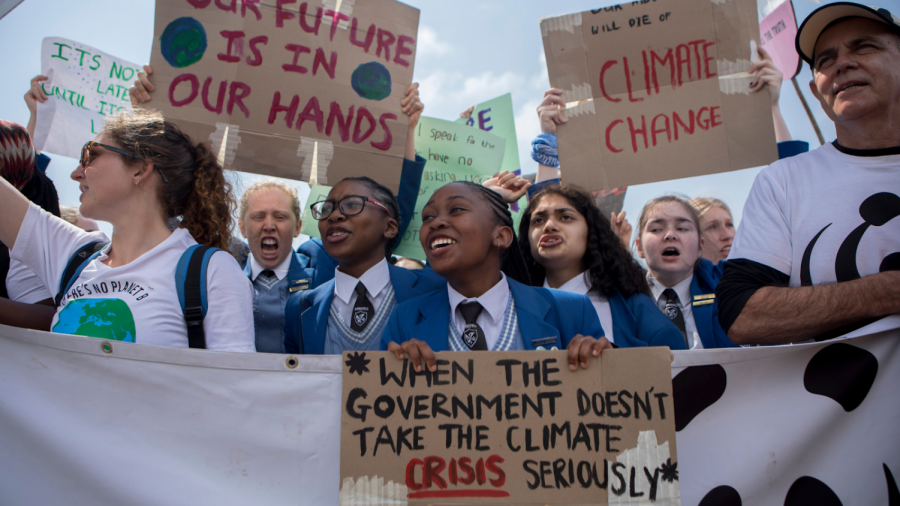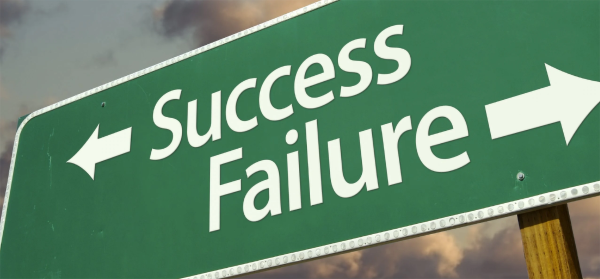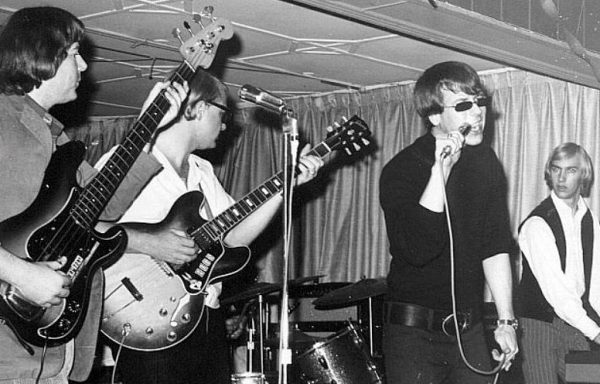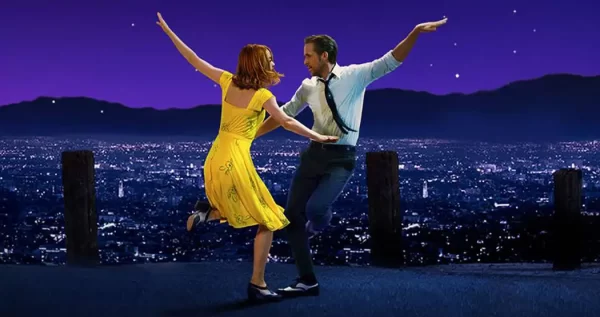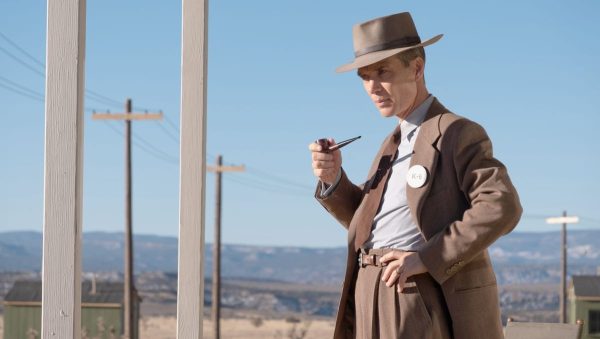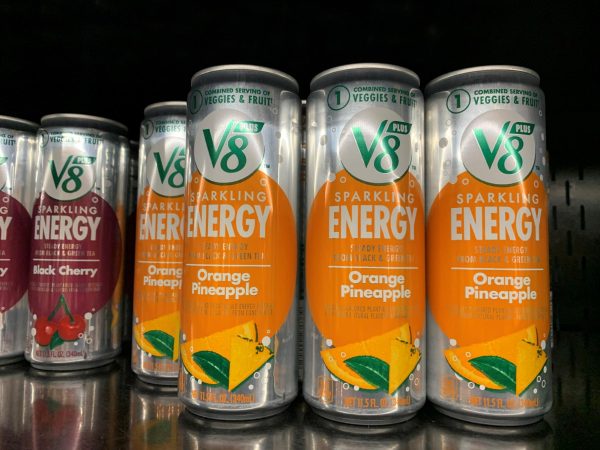Treating a Crisis Like a Crisis
Youth have a role to play when it comes to climate change
Dec 18, 2019
When you bring up the topic of reusable straws, preconceptions immediately arise in the minds of many today. Some mock those who have bought into the trend, while others applaud this effort to help the environment.
The usage of metal, paper, or bamboo straws became popular via social media, attracting many buyers through its well-known association with “saving the turtles.” As a result, a worldwide trend has developed- saving the environment.
If you look closer at the Marist cafeteria during lunch, Sage Dining offers reusable straws and utensils to reduce plastic waste, and many students already use plastic alternatives. The appeal of buying these straws is quite evident, especially during a time where our world has shown severe signs of global warming and wildlife degradation. According to the World Wildlife Fund (WWF), the world’s leading conservation organization that is supported by over 100 million members, the world is already 1°C hotter than from 1850 to 1900, and the WWF warns that if such warming continues, sea levels are at risk to rise and heat waves may come our way in less than a century.
In response to this ongoing crisis, sustainable straws have been popularized as a way to make a small difference that could have a large, positive, and long-term impact on the environment.
Thankfully, Generation Z is quickly becoming a force to be reckoned with when it comes to sustainability. For example, Marist’s Environment Club is encouraging the use of metal straws by handing them out during lunch. Sweden’s Greta Thunberg has become a prominent climate change activist at just sixteen years old by publicly advocating for environmental changes in protests across the globe. Thunberg was diagnosed with Aspergers when she was young, but she did not let it get in the way of her passion of doing whatever she could to help the environment. Small changes made by a large group, let alone a whole generation, can have a massive impact on our environment for the better.
However, it may not be enough to believe that reducing our plastic waste of one item will fix worldwide problems. Thunberg has called for the people to truly make changes, because in her words during the United Nations climate conference, “we cannot solve a crisis without treating it as a crisis.”
Thunberg’s emphasis on the earth’s declining state is no exaggeration. The world is in dire need of our help. Scientists at the Center of Biological Diversity, an organization that fights against extinction, estimate that “we’re losing species at up to 1,000 times the background rate,” mainly due to habitat loss and climate change. In response, protests have erupted in countries across the world in order to spread awareness and urge their governments to take meaningful action.
In solidarity with the thousands of other environmentalists, we all have the ability to do more, whether it’s being conscious about our clothing’s sustainability, making changes in our food sources, or voluntarily cleaning up our streets. Consciously recycling, carefully conserving resources, and thoughtfully choosing which companies to patronize based on their commitment to sustainability are just some of the countless ways we can have a larger, positive impact on our world.


